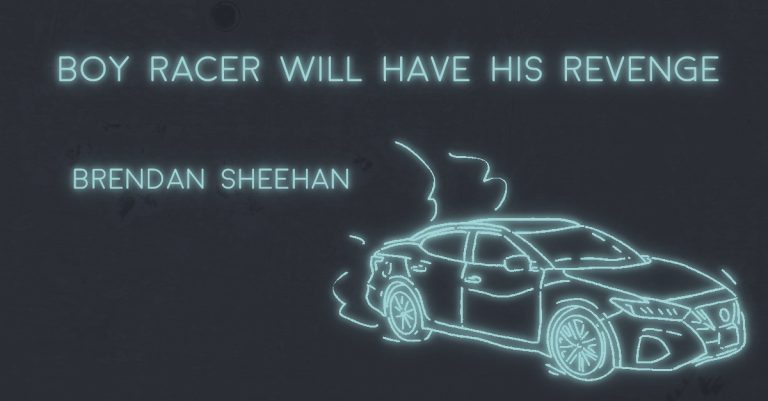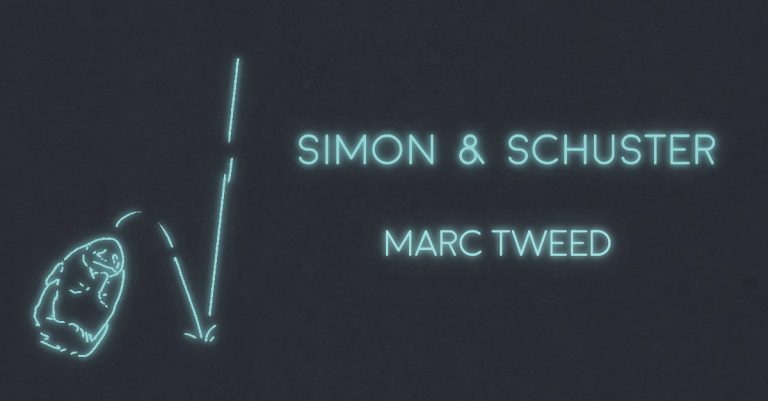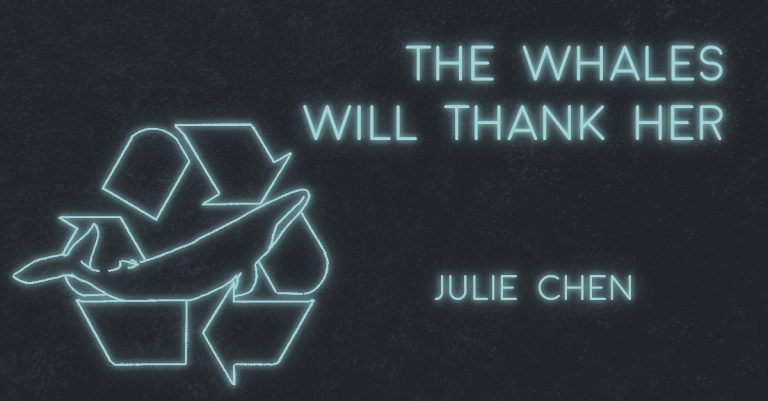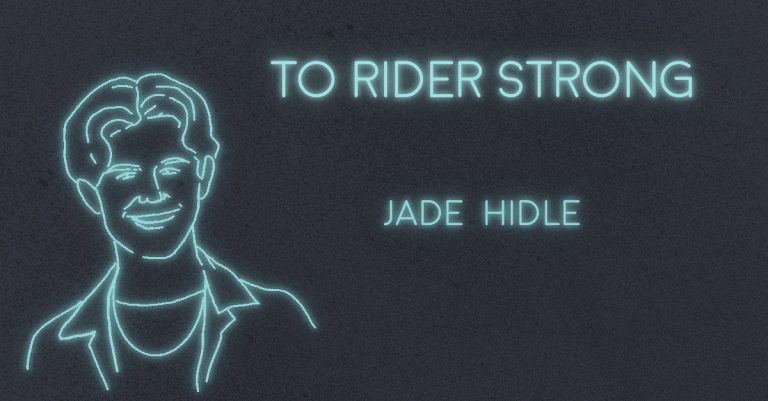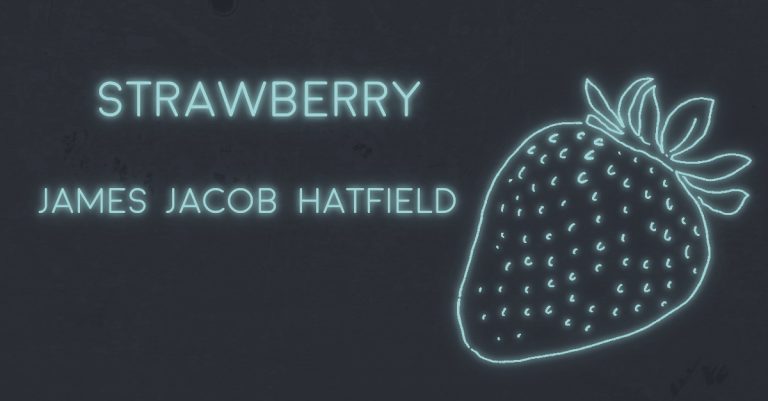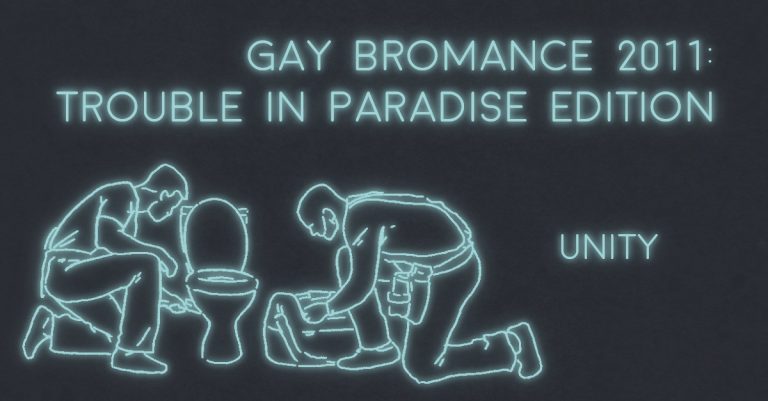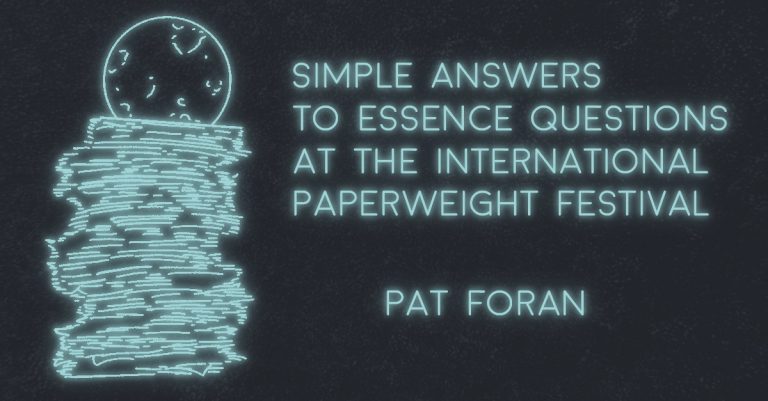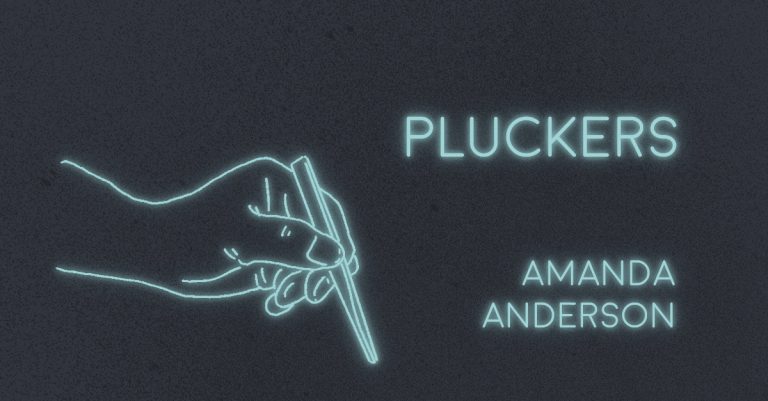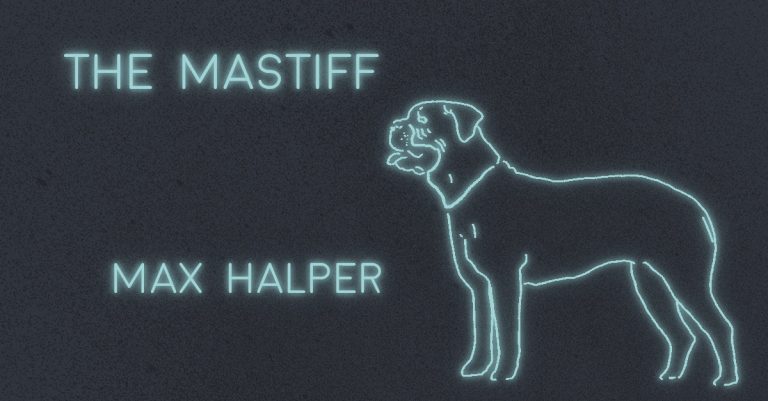
THE MASTIFF by Max Halper
“My life is over,” I said in the dark my first night inside. A full minute passed. “Shut the fuck up,” said my cellmate. A month later I hanged myself. I did it from the bunk with my undershirt. There was no pain. My cellmate slept through it. When he woke up I was so dead I seemed more a facet of the cell than an occupant. He looked at me and nodded, as if my body imparted some keen insight. He determined I had managed to escape, had bored a tunnel through the only wall in the prison they

